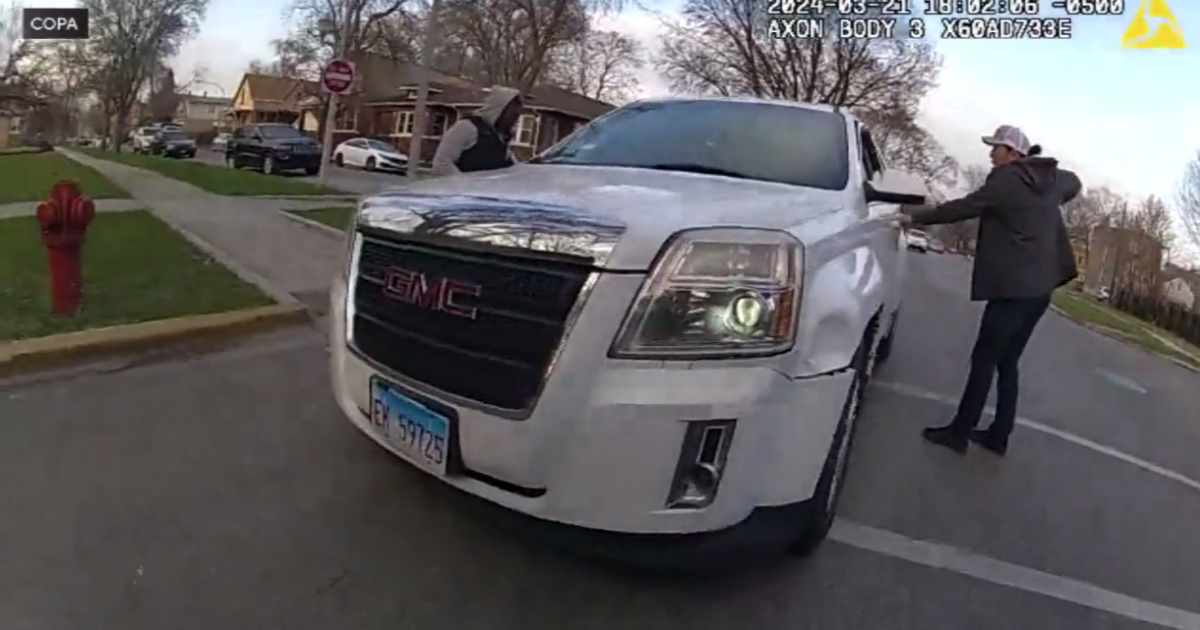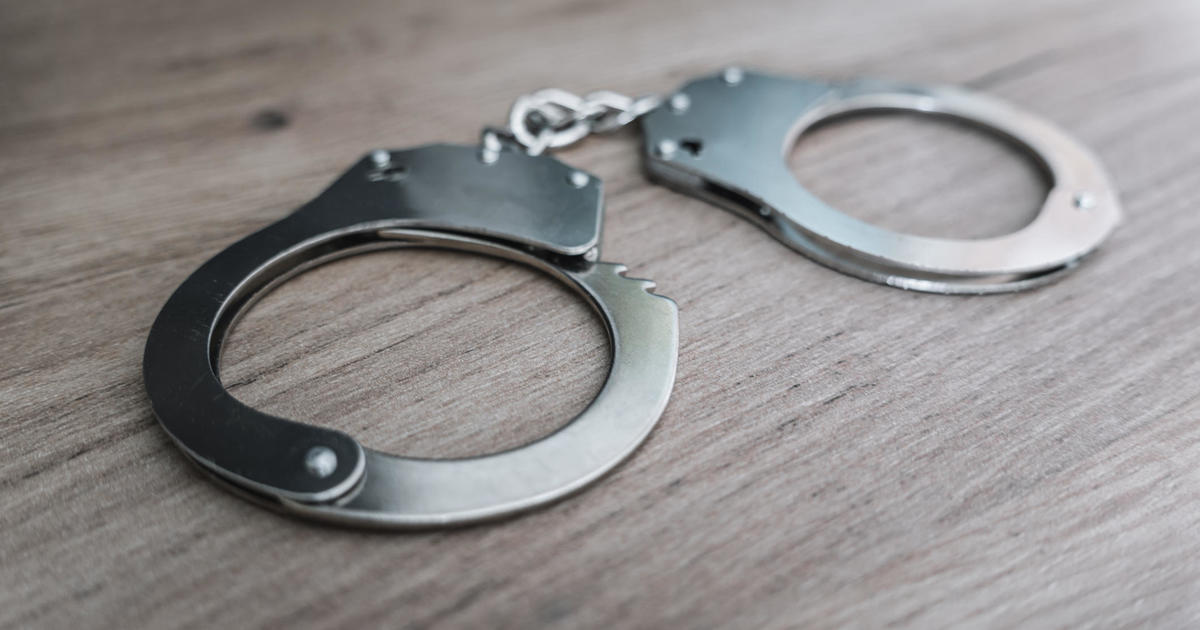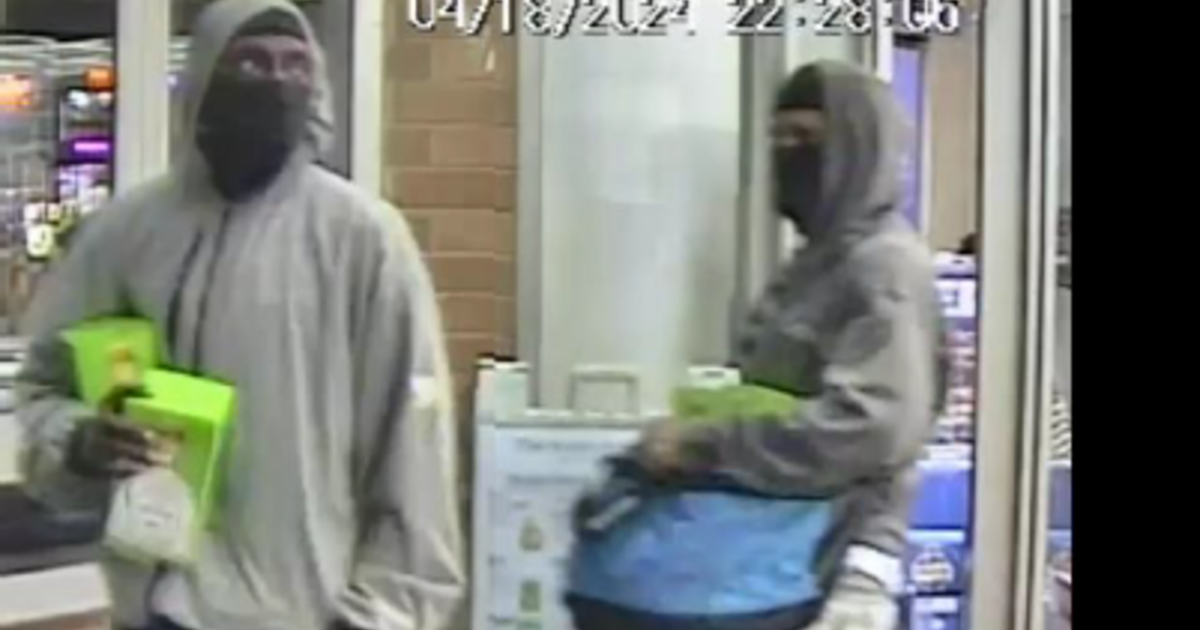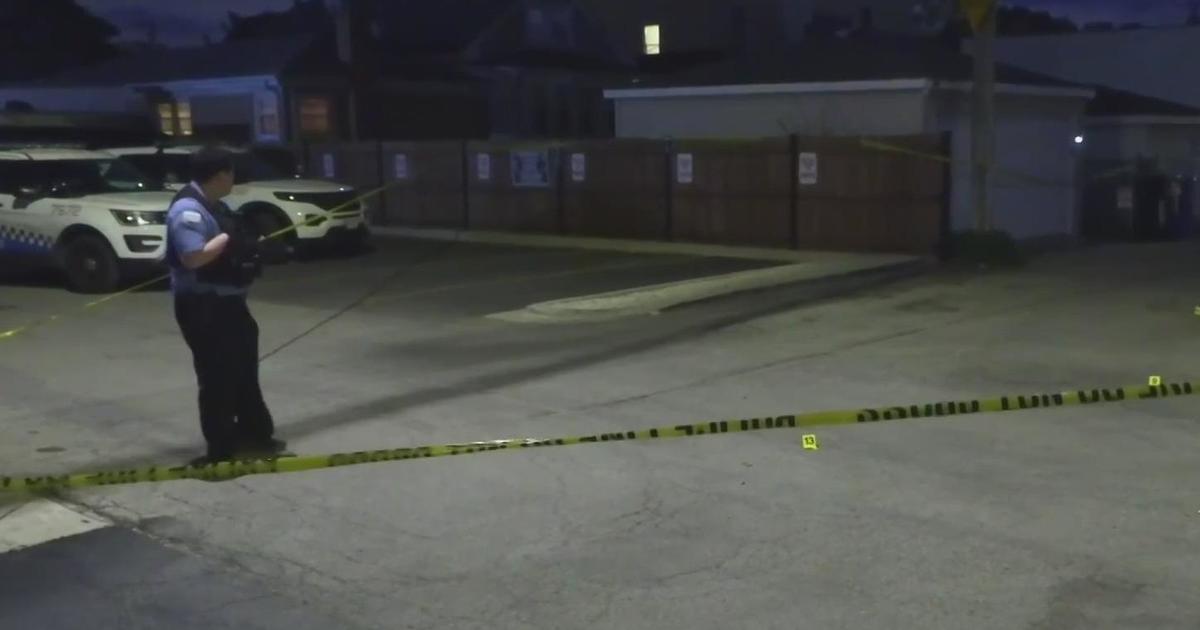With Auto Thefts On The Rise, Vernon Hills Police Bringing In License Plate-Reading Cameras To Fight Crime
VERNON HILLS, Ill. (CBS) -- If you drive a stolen car into north suburban Vernon Hills, there is a good chance you'll leave in the back seat of a police car.
As CBS 2's Jermont Terry reported Wednesday night, license plate-reading cameras have been mounted in hopes of putting the brakes not only on car thieves.
Vernon Hills police dashcam video shows the moment a thief drives away in a stolen car. It's a pretty common scene along Route 60 (Townline Road) and Highway 21 (Milwaukee Avenue).
"This is one of the major intersections throughout Lake County," said Vernon Hills Chief Patrick Kreis.
Shopping centers encompass the area.
"It's easy access on and off, and it's easy access to Vernon Hills with (Interstate) 94 right there," said Vernon Hills Deputy Police Chief Patrick Zimmerman.
That puts crooks out on the roads too.
"We find it is somewhat attractive for criminals that want to come to commit and either commit retail thefts, perhaps steal a car, or other crimes," Kreis said.
Retail theft plays a part with the stolen cars. Surveillance video shows thieves pulling out black garbage bags and filling them with goods.
They wipe out shelves of expensive items in seconds, and then run out the door – walking with bags over their shoulders.
"It was a pattern where offenders kept coming back to stores, grabbing a lot of expensive products, fleeing into a car, and leaving," Kreis said.
That getaway car waiting in the lot for those suspects was stolen – and the stolen car trend is climbing in the village. There were 14 vehicles stolen last year in Vernon Hills, compared with just three every year in 2014, 2015, and 2016.
"We know that someone driving late at night in a stolen motor vehicle that comes into our town, probably their sole purpose is to steal another car," Zimmerman said.
The Village of Vernon Hills believes it has come up with a way to combat the problem – by investing in mounted cameras from Flock Safety.
"We're not looking to conduct any kind of revenue enforcement," Kreis said.
"This won't be a traffic light camera."
Instead, police are looking to get images of license plates? In the dashcam video Vernon Hills police provided – despite police being right behind the vehicle – the license plate came out so blurry as to be illegible.
Zimmerman explained that the in-car mounted dashcams are not built to focus and capture images.
"We studied that image for long time trying to figure out what that license plate might be," Kreis said.
Weeks later, police in a nearby suburb eventually arrested Ashley Williams on retail theft charges. Vernon Hills police were able to link Williams to seven crimes in their village alone.
Yet before they caught up with her, Kreis said, "several other crimes had been committed."
But with the new license plate reader cameras, plates can be seen clearly – even at night.
"If we can solve one crime many times, we're solving five, 10, or more crimes," Kreis said.
Vernon Hills will soon get 10 solar cameras. The black boxes will be mounted to poles and will take snapshots of every vehicle's plate as the drivers pass through the intersections.
The image then goes through a database.
"Against what's called the NCSI hot sheet, and that's a known list of stolen vehicles, wanted people, or AMBER or silver alerts," Kreis said.
If a plate is on the list, police are notified within minutes.
"The officer will get that alert on their computer and they'll also get an image of that vehicle," Kreis said.
Therefore, police can patrol in hopes of finding the vehicle before the crime happens or before the crooks leave town.
The cost to taxpayers is about $20,000 a year to lease 10 cameras. The village entered into a two-year agreement which covers maintenance, so that is $40,000 spent to put the brakes on crime.
And to those who are concerned about big brother watching?
"I understand and appreciate privacy concerns," Kreis said. "We think we developed smart policies that respect those concerns, but still allow us to do our job."
The data will only get stored for 30 days, and police said they have no plans to run the image for expired tags. The first camera should be up by the end of March.



